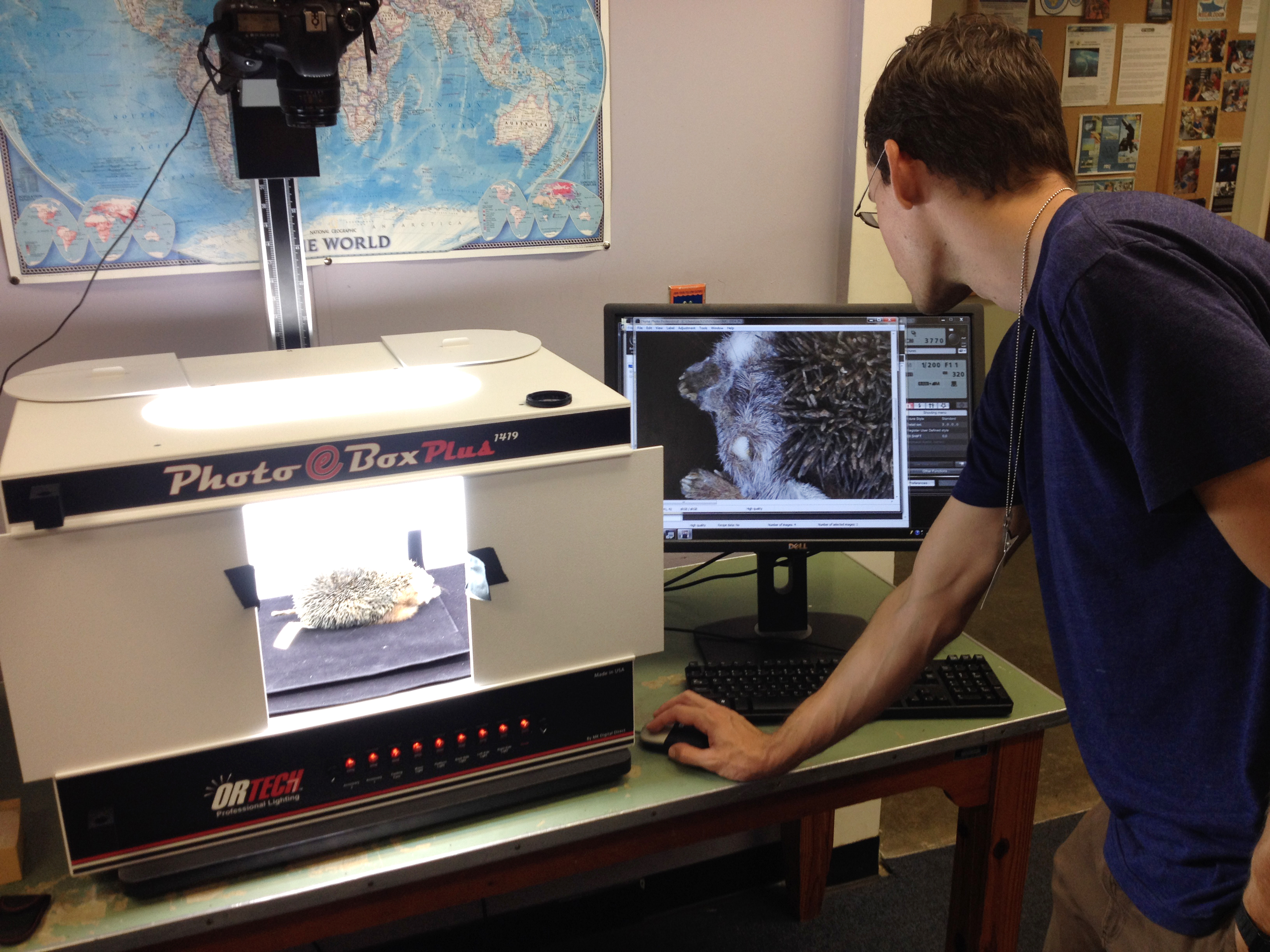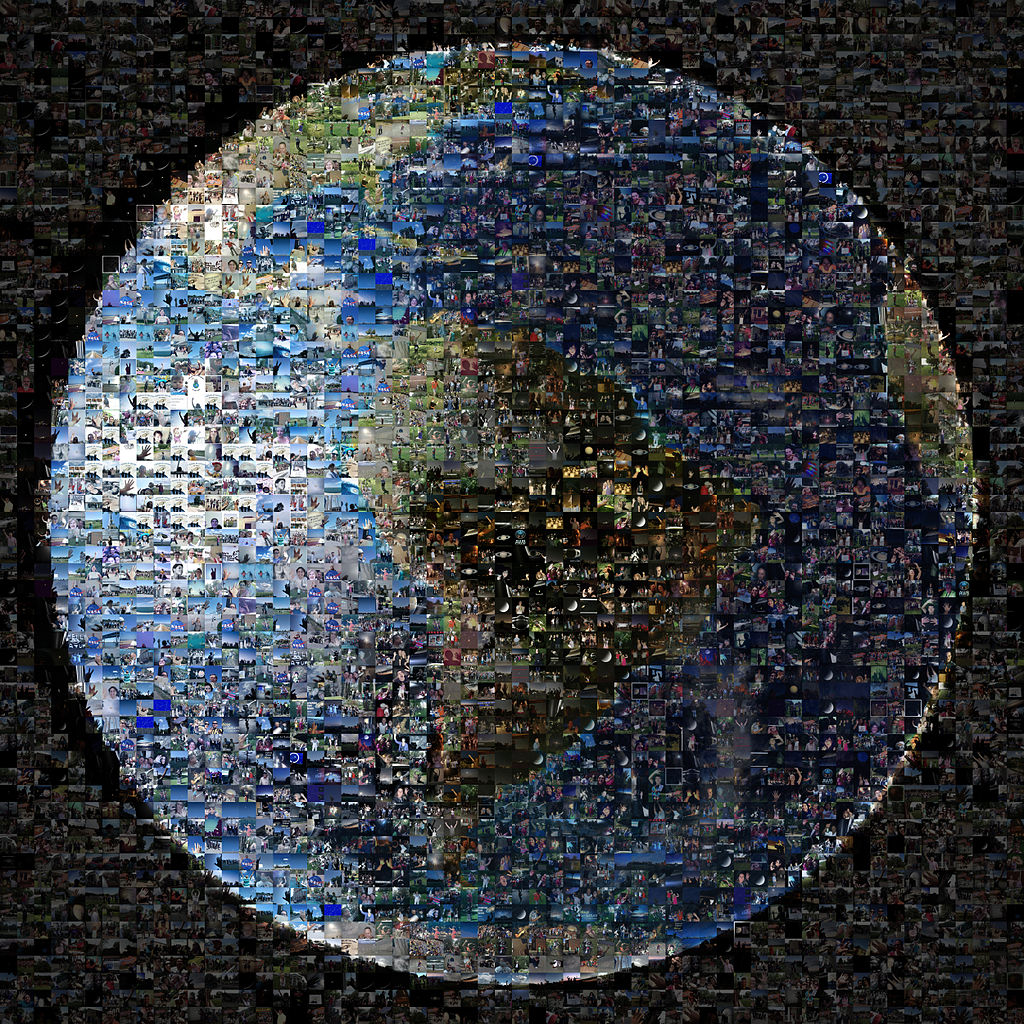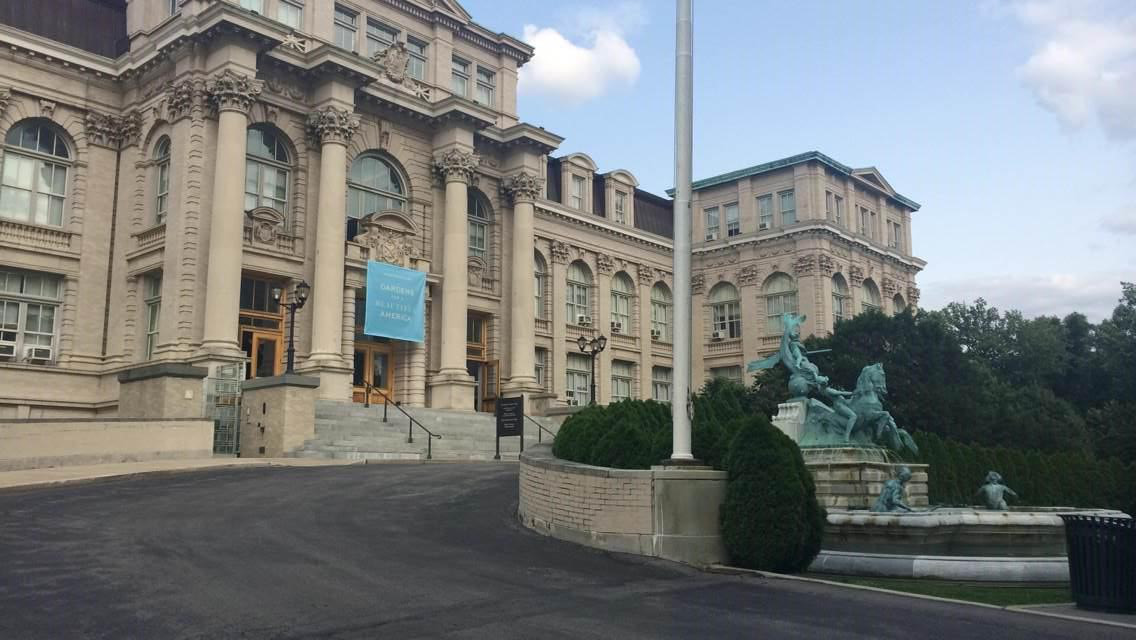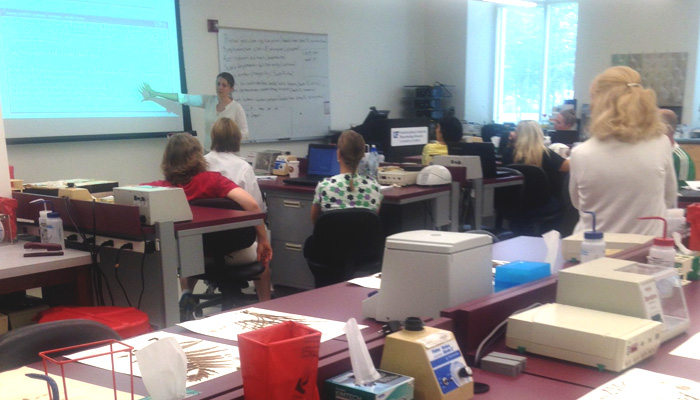Apply now for iDigBio's Fourth Biodiversity Informatics Workshop
Managing Natural History Collections Data for Global Discoverability is fourth in a series of biodiversity informatics workshops at iDigBio and we are currently accepting applications! Don't wait, space is limited.
Deadline to Apply is May 1st, 2015.


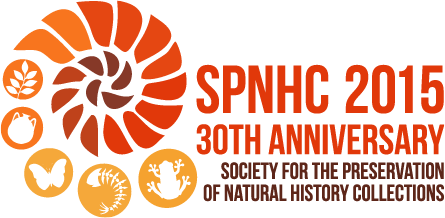
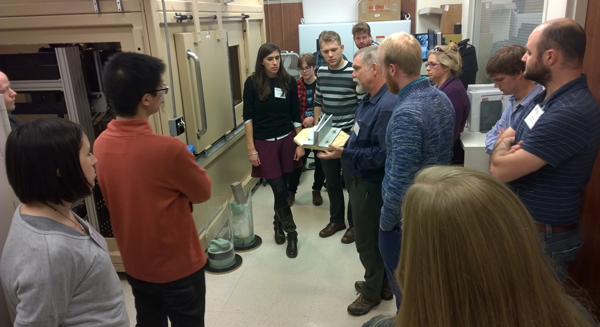
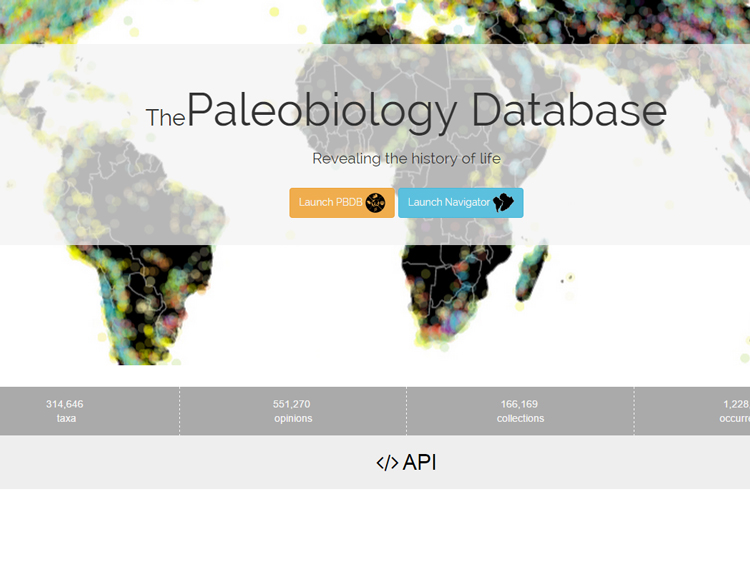 The Paleobiology Database Executive Committee is running a hackathon with the goal of creating exciting tools (web applications, R code, data analysis tools, data visualization tools, integration with other web databases, etc.) that use the Paleobiology Database API for research, education, or outreach.
The Paleobiology Database Executive Committee is running a hackathon with the goal of creating exciting tools (web applications, R code, data analysis tools, data visualization tools, integration with other web databases, etc.) that use the Paleobiology Database API for research, education, or outreach.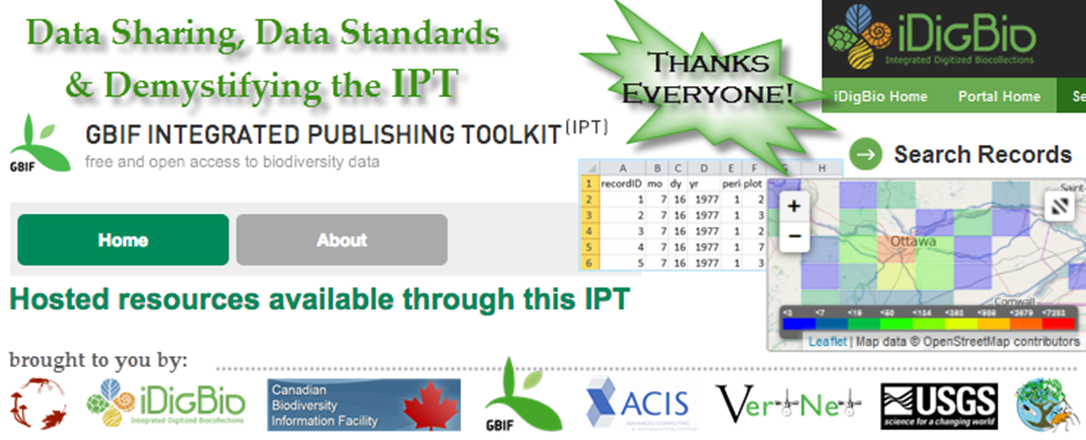
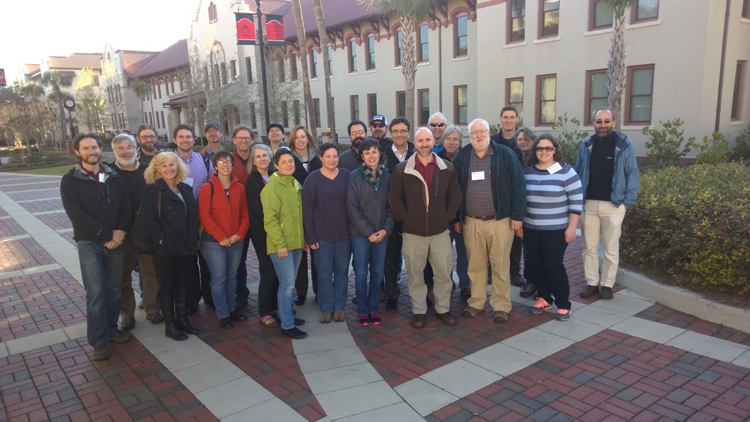

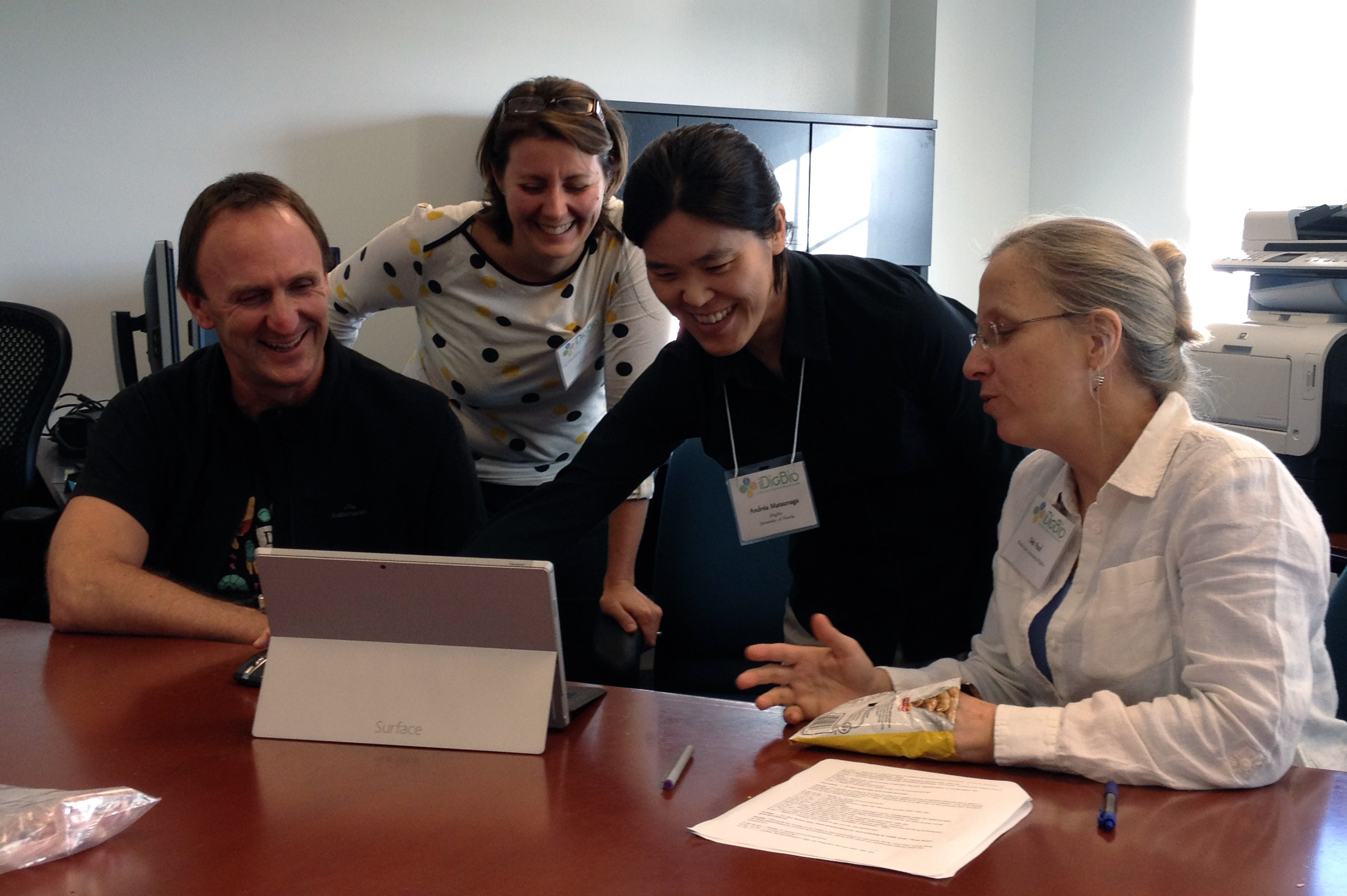
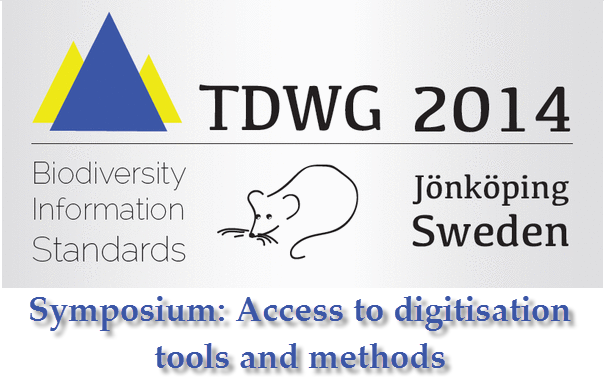
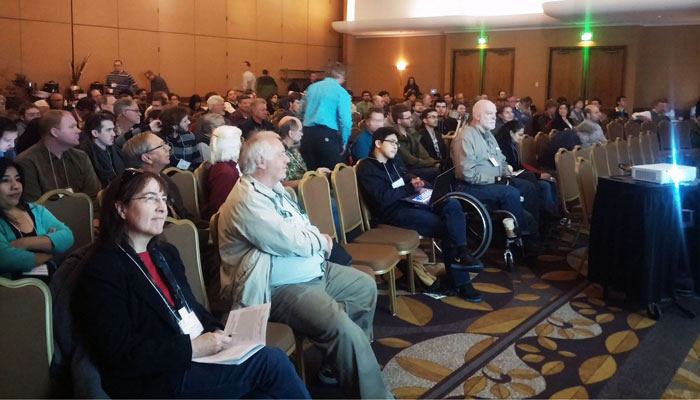 Nearly 200 collections professionals attended this year’s
Nearly 200 collections professionals attended this year’s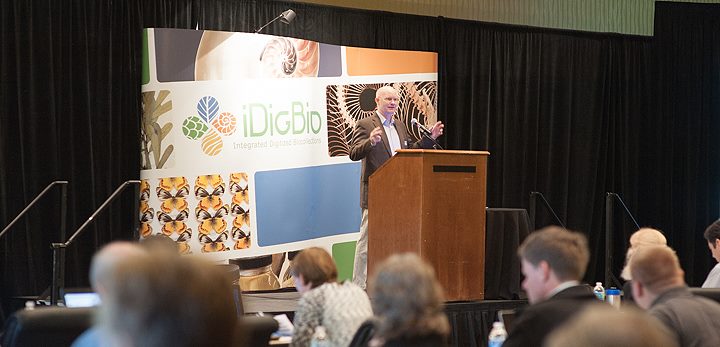
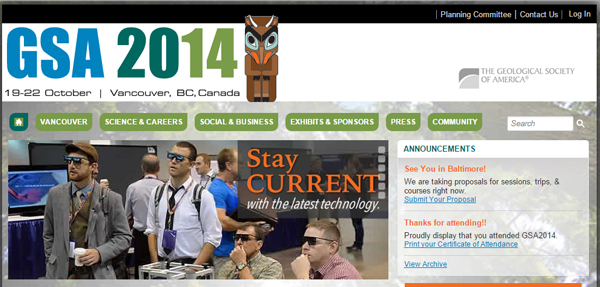 Arguably the most important joint gathering of paleo and geo scientists in North America,
Arguably the most important joint gathering of paleo and geo scientists in North America, 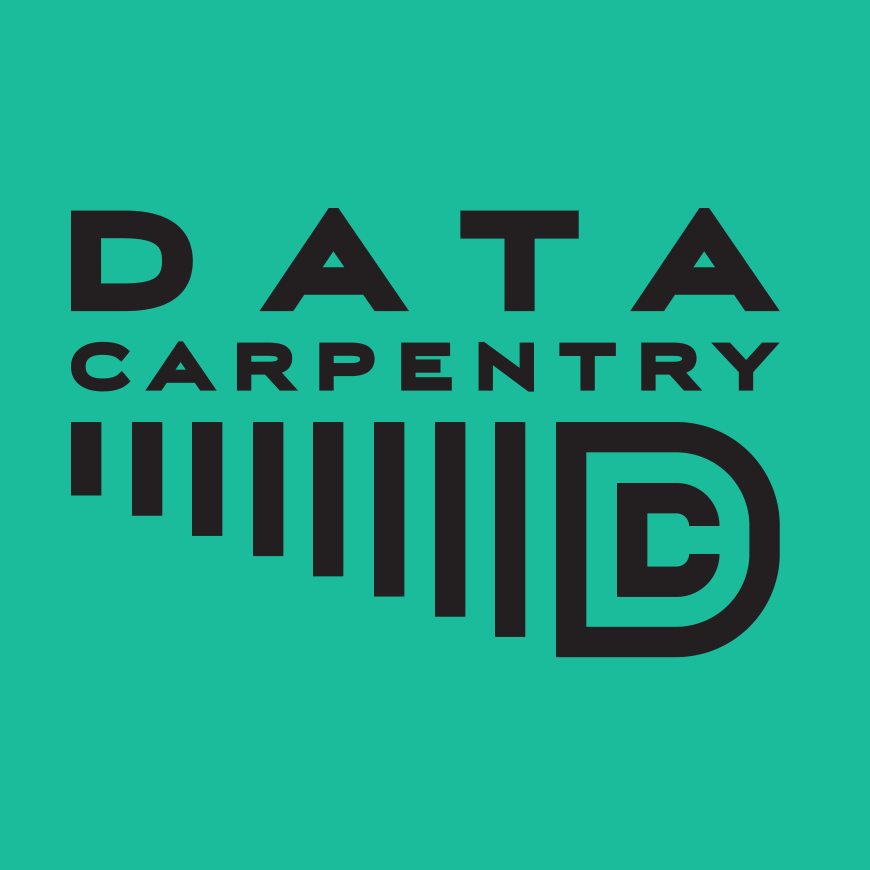
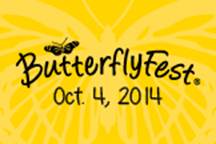
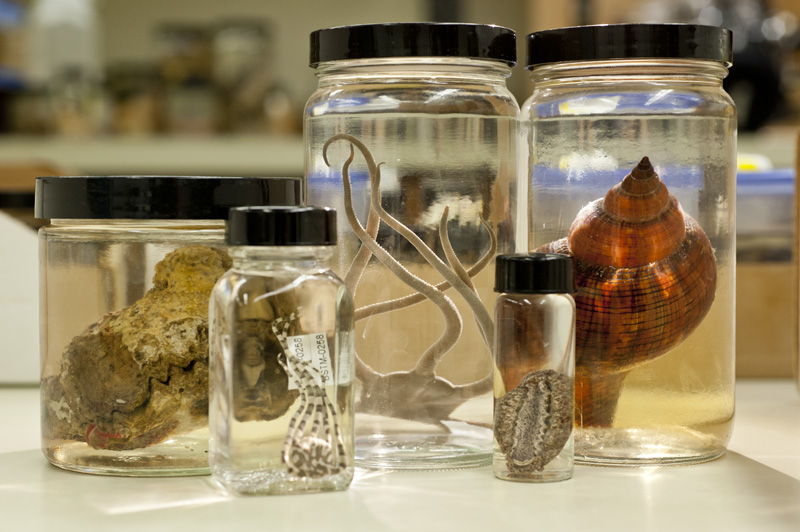

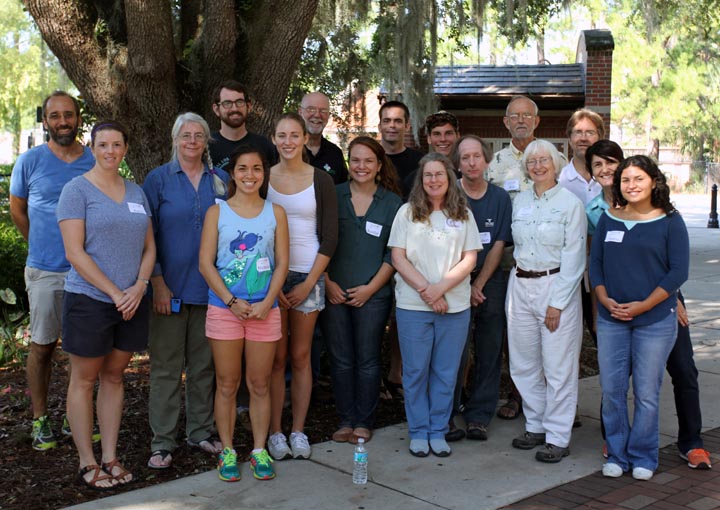
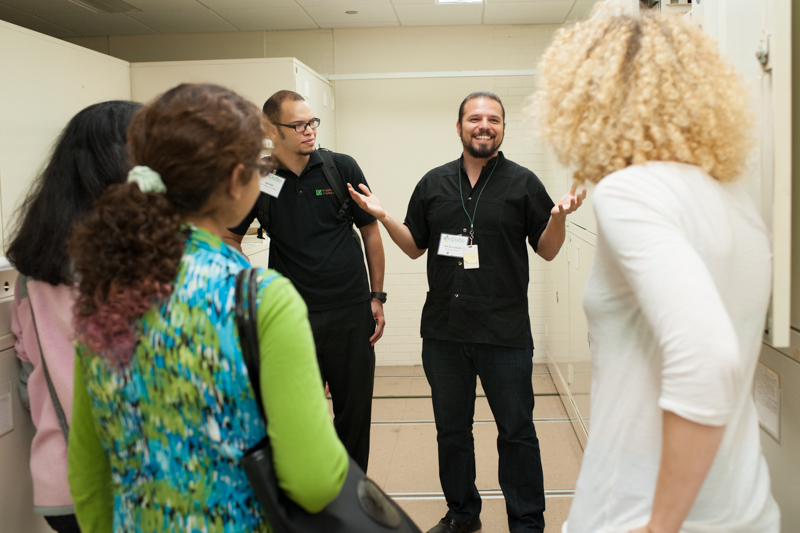 About 50 undergraduates and recent graduates attended the
About 50 undergraduates and recent graduates attended the 